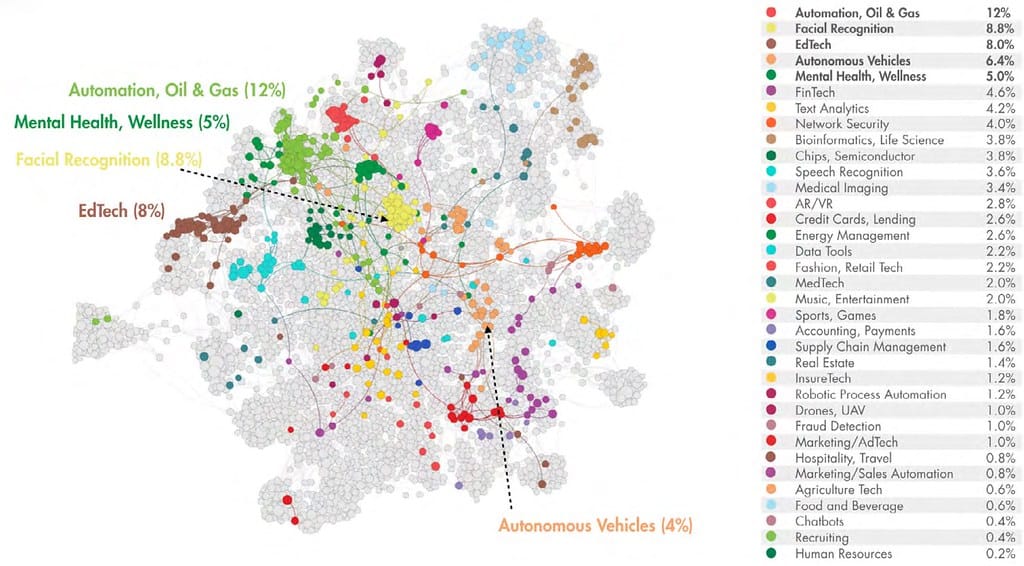China's Moonshot AI Launches Kimi K2: The Free Model That's Challenging GPT-4's Dominance
Beijing-based AI startup Moonshot AI has quietly released what might be the most significant challenger to OpenAI's GPT-4 yet—and they're giving it away for free. The company's new Kimi K2 model is not only matching GPT-4's performance across multiple benchmarks but surpassing it in several key areas, potentially reshaping the global AI landscape.
The David vs. Goliath Story
Moonshot AI, founded by former Google researcher Yang Zhilin, has been operating in relative obscurity compared to AI giants like OpenAI and Google. However, their latest release suggests that innovation in artificial intelligence isn't limited to Silicon Valley's most well-funded companies. Kimi K2's performance metrics tell a compelling story of how focused research and strategic development can compete with billion-dollar AI initiatives.
The timing of this release is particularly significant as it comes amid growing concerns about AI accessibility and the concentration of advanced AI capabilities in the hands of a few tech giants. By offering Kimi K2 for free, Moonshot AI is democratizing access to cutting-edge AI technology in ways that could accelerate innovation across industries.
Where Kimi K2 Outshines GPT-4
According to benchmark tests released by Moonshot AI, Kimi K2 demonstrates superior performance in several critical areas:
Mathematical Reasoning: Kimi K2 scored 89.2% on the GSM8K mathematics benchmark, compared to GPT-4's 87.1%. This improvement in mathematical capabilities could have significant implications for scientific research and educational applications.
Code Generation: The model achieved a 76.8% success rate on the HumanEval coding benchmark, outperforming GPT-4's 74.4%. This edge in programming tasks could make Kimi K2 particularly attractive to developers and software companies.
Multilingual Capabilities: Perhaps most impressively, Kimi K2 excelled in Chinese language tasks, achieving near-perfect scores on several Mandarin comprehension tests—an area where Western models have historically struggled.
The Technology Behind the Breakthrough
Moonshot AI attributes Kimi K2's success to several key innovations. The model employs a novel attention mechanism that allows it to process longer contexts more efficiently than previous models. This technical advancement enables better understanding of complex, multi-part questions and more coherent responses across extended conversations.
The company also invested heavily in training data quality, implementing advanced filtering systems to ensure their training datasets contained high-quality, diverse content. This focus on data curation appears to have paid dividends in the model's overall performance and reliability.
Market Implications and Industry Response
The release of Kimi K2 has sent ripples through the AI industry. Several major Chinese tech companies have already announced partnerships with Moonshot AI, recognizing the strategic value of having access to a competitive AI model that isn't controlled by American companies.
The free availability of Kimi K2 is particularly noteworthy given the current geopolitical tensions around AI technology. As governments worldwide grapple with AI regulation and technology export controls, having access to domestically developed AI capabilities becomes increasingly valuable for companies and nations alike.
Industry analysts suggest that Kimi K2's success could accelerate the fragmentation of the AI market, with different regions developing their own AI ecosystems rather than relying on a single dominant provider.
Challenges and Limitations
Despite its impressive performance, Kimi K2 faces several challenges. The model currently has limited availability outside of China, and questions remain about its long-term sustainability given the significant costs associated with running large language models at scale.
Additionally, while benchmark performance is impressive, real-world application and user adoption will ultimately determine the model's success. GPT-4 benefits from extensive integration with existing tools and platforms—an ecosystem advantage that Kimi K2 will need time to develop.
The Road Ahead
Moonshot AI's achievement with Kimi K2 represents more than just a technical milestone; it signals a shift toward a more multipolar AI landscape. As more companies and countries develop competitive AI capabilities, we're likely to see increased innovation, competition, and ultimately, better AI tools for everyone.
The success of Kimi K2 demonstrates that breakthrough AI development isn't limited to the most well-funded companies. With focused research, strategic development, and innovative approaches to model architecture and training, smaller players can still make significant contributions to the field.
For businesses and developers, Kimi K2 offers an intriguing alternative to existing AI solutions, particularly for applications requiring strong mathematical reasoning or multilingual capabilities. As the AI landscape continues to evolve, having access to diverse, high-quality models will become increasingly important for maintaining competitive advantage and driving innovation.

